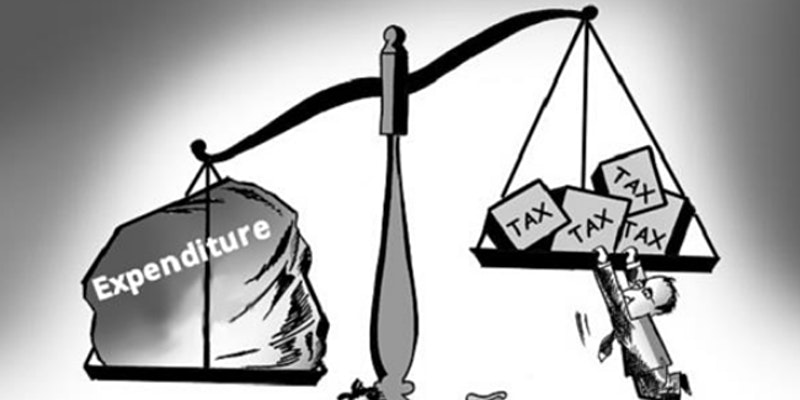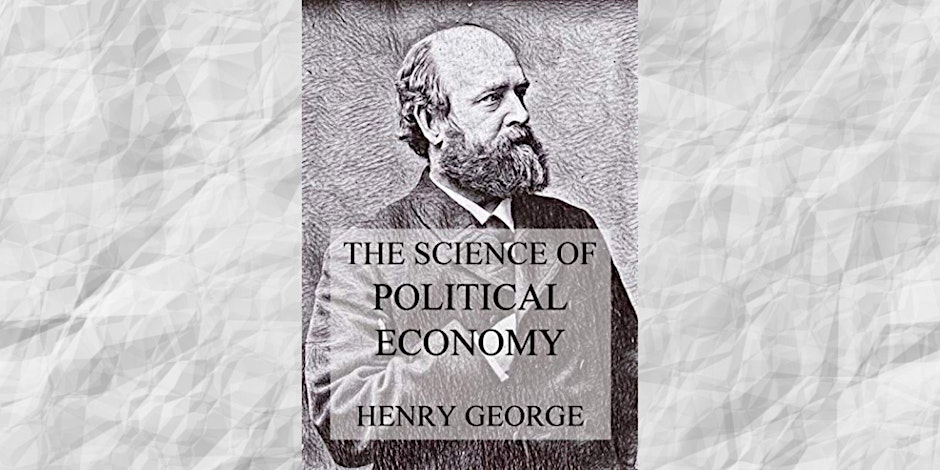DO DEFICITS REALLY MATTER?
Does the federal deficit matter or is it just one of those myths entertained by faulty economic thinking?
Modern Money Theory (MMT), a heterodox school of macroeconomic thought asks:
- To what degree is a country monetarily sovereign?
- How does that impact the economic policies that country is able to pursue?
A monetarily sovereign nation is one whose government issues its own currency, does not peg the value of that currency to any other currency or to any precious metal, and does not take on debt in any currency other than its own.
It turns out that whether a country is monetarily sovereign or not has tremendous importance in determining the economic policies it can pursue in response to crises, be they economic, political, medical or ecological. MMT explains, for example, why the U.S. federal government can create hundreds of billions of dollars to spend in response to the COVID-19 pandemic, while state and local governments (not to mention individual households) cannot.
In this course you will learn about MMT by doing a close reading of Stephanie Kelton’s 2020 bestseller, “The Deficit Myth.” The course will be conducted in a seminar style: six weekly sessions, in each of which the student will be expected to have read one or two chapters in Kelton’s book and worked through discussion questions. At the conclusion of this course, the student should understand MMT well enough to be able to explain it and to use MMT-based insights to understand the current political economy of the U.S. and other countries.
Instructor: James Keenan
Dates: Mondays, 4/18, 4/25, 5/02, 5/09, 5/16, 5/23
Time: 6:30 PM – 8:00PM EDT
A link to join the online course will be provided via email before the start of the first session.



